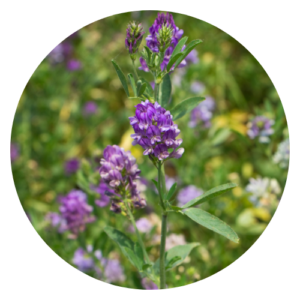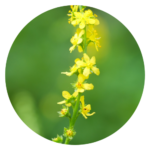Alfalfa | Medicago sativa
Alfalfa is a nutrient-rich herb that supports cardiovascular, metabolic, and overall health. It lowers cholesterol, balances blood sugar, reduces inflammation, and nourishes the body with essential vitamins, minerals, and antioxidants.
Suggested Products
These links are provided for convenience, not as medical advice.
Buy Now As an Amazon Associate, we may earn from qualifying purchases.




